On June 20th, our ten 2015-2016 Jewish Organizing Fellows graduated at our annual Siyyum Graduation. Below is Karla Van Praag’s (Executive Director, JOIN for Justice) opening remarks.
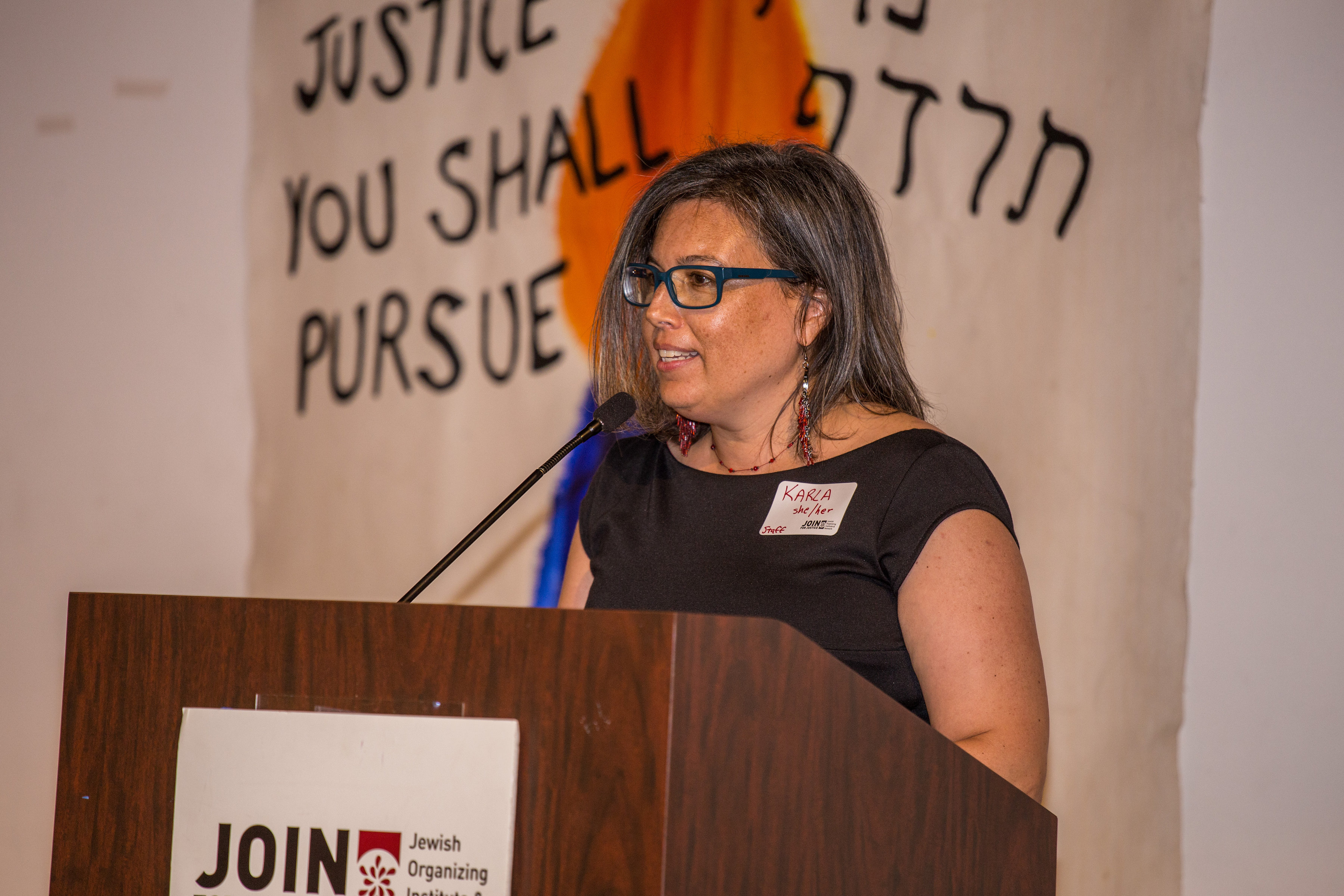
We are in the home stretch in a season of graduations. So, because imitation is the sincerest form of flattery, I’m going to start today quoting a story from the recent speech of an incredible person, and one of my greatest mentors and teachers… my 12-year-old son, Zakkai, who graduated from 6th grade last week. Here it is:
“‘Difficult times often bring out the best in people,’ Bernie Sanders said. I’ve had many challenging times at my elementary school. One that I will surely remember is when we went to Thompson Island in 5th grade and I climbed the 62-foot Alpine Tower. I’m scared of heights, but I was encouraged to try it. I went onto the sculpture. I took a deep breath, and climbed the first 15 feet, the easiest. When I looked below, my heart leaped. ‘It feels so high up here! Can I come down?’ I screamed, shaking a bit. ‘Already?’ I heard. ‘You’ve got this.’
So I kept going. Suddenly I looked to the ground. It was SO far up! ‘Please, I can’t!’
What I heard next wasn’t one voice. It was many. It was my friends, encouraging me to continue. I realized there was no use in giving up now. I had to keep going. After a deep breath, I did. My body was shaking the whole time. It took me way longer than everyone else, but with the help of my friends’ encouragement, I did it! I sat on top, smiling. It was such an amazing moment.
‘Difficult times often bring out the best in people,’ Bernie Sanders said. Although he is right, I think friends are even more important. Think about where you’d be today without your friends. I’d still be stuck halfway up a tower on Thompson Island!'”
Zakkai’s speech made me proud, not just because he overcame fear, employed the primary elements of story we teach in our training, and was the only one to mention politics. It moved me because he seemed to learn not just the importance of personal determination, but one of the lessons I depend upon daily, that his life is tightly connected to those around him in ways he cannot anticipate but ultimately needs to survive.
Zakkai also captured something that I want to talk some more about today – what it takes for people to come together in a common purpose, the way his friends did to urge him on. Of course, most of our society’s problems aren’t as straightforward as Zakkai’s, but there are important similarities. When there is a big challenge, there is often tremendous fear and doubt at one’s ability to impact it. There is the feeling of being alone and not knowing what to do. As Zakkai recognized, we can’t know what to do until we are not alone.
I have struggled with what to express publicly after Orlando. We have had conversations in the JOIN office whether we have anything meaningful to say on so many complex issues that isn’t already being said. Upon reflection I think what we may have to contribute as a group of organizers and community of people committed to creating a more just world, is not initially more words, but rather our ability to listen. Hard.
This takes tremendous control, patience, and skill. When we hear the loud bang of a gun, whether in Orlando, or Charleston, or Sandy Hook, we want to scream. We want our cry, our voices, to overwhelm and drown out the pain. We want to be heard.
But organizing and our Jewish traditions teach us not only to cry out, but also to listen.
God understood this before Moses did. When God called to Moses to lead the Jews out of Egypt, Moses protested “I have never been a man of words… I am slow of speech and slow of tongue.” It didn’t matter. You don’t need to be able to yell to be an organizer. But if you can’t listen? You’re pretty much done. Maybe God recognized that, not speaking all the time, Moses had cultivated the ability to listen.
When you learn to be an organizer, you start by learning what it means to truly listen. Every voice has a story, if you take the time to listen for it and draw it out. An organizer makes room for others to discover themselves and bring the stories and experience they have into a public problem-solving space.
Listening goes beyond hearing. It takes listening to hear the whisper of a brilliant strategy from someone who never thought their ideas were worth anything, to listen to what remains unsaid, to listen to the people whose voices are so often erased, to listen for the still, small voice of God that the prophet Elijah finds.
Organizers learn that listening doesn’t only require one’s ears. It requires one’s heart. We tell of the wisdom of King Solomon. But when God asks Solomon how God should bless him, and Solomon requests wisdom, so he can lead his people, what he literally asks for is “lev shome’a”, a listening heart. At times like this, when so much feels so absurd, we can’t just scream – more than ever, we need a listening heart, so we can listen to each other, and figure out how we will push back against this broken world, and the people who seem to take pride in wanting to break it even more.
As long as people don’t have the opportunities to listen to people who are different, we have no hope of understanding each other. Here’s an example: in a video for our online course, Don’t Kvetch: Organize, political scientist Robert Putnam says that the rates of people marrying across class lines are plummeting because people of different economic status rarely meet. The more that’s the case, the more likely it is we can’t sympathize. We can’t hear other’s stories. We can’t get the “why.” Because we are not in relationship.
Listening for voices who are different than us or who are being left out by society is the pathway to understanding and ultimately to change. We must, whoever we are, make efforts to reach out beyond our own comfortable ideological or physical communities and build new relationships with people different than ourselves. JOIN trains and mentors thousands of Jews across the country to put relationships first, thereby creating room for unheard voices to move themselves back to the center.
This year’s group of Fellows has changed so many things in their year organizing, including the larger organizational impact of their ability to listen to one another. As a group, in one voice, they called upon our organization to reflect on the role it is taking, internally and externally, in fighting against systems of oppression like racism or classism in the ways we support those who are recruited or in the fellowship. They came together as a group to challenge JOIN as an institution, and, in response, JOIN has made this one of its organizational priorities going forward.
Let’s exercise our listening hearts tonight. Listen to the stories of our talented, dedicated, inspiring fellows. You will not agree with everything said today – you may want to shout out. But instead, sit still, and listen harder. Quietly, you will notice that despite our differences, you will find a sense of faith in our collective future. Our commonalities will drown out the din that extends beyond these walls. You will find hope that we can figure it out together.
Difficult times often bring out the best in people. Listening to the voices will remind you change is possible, and that eventually, together, we can climb that tower too.
You can watch the graduating fellow’s Siyyum stories here.



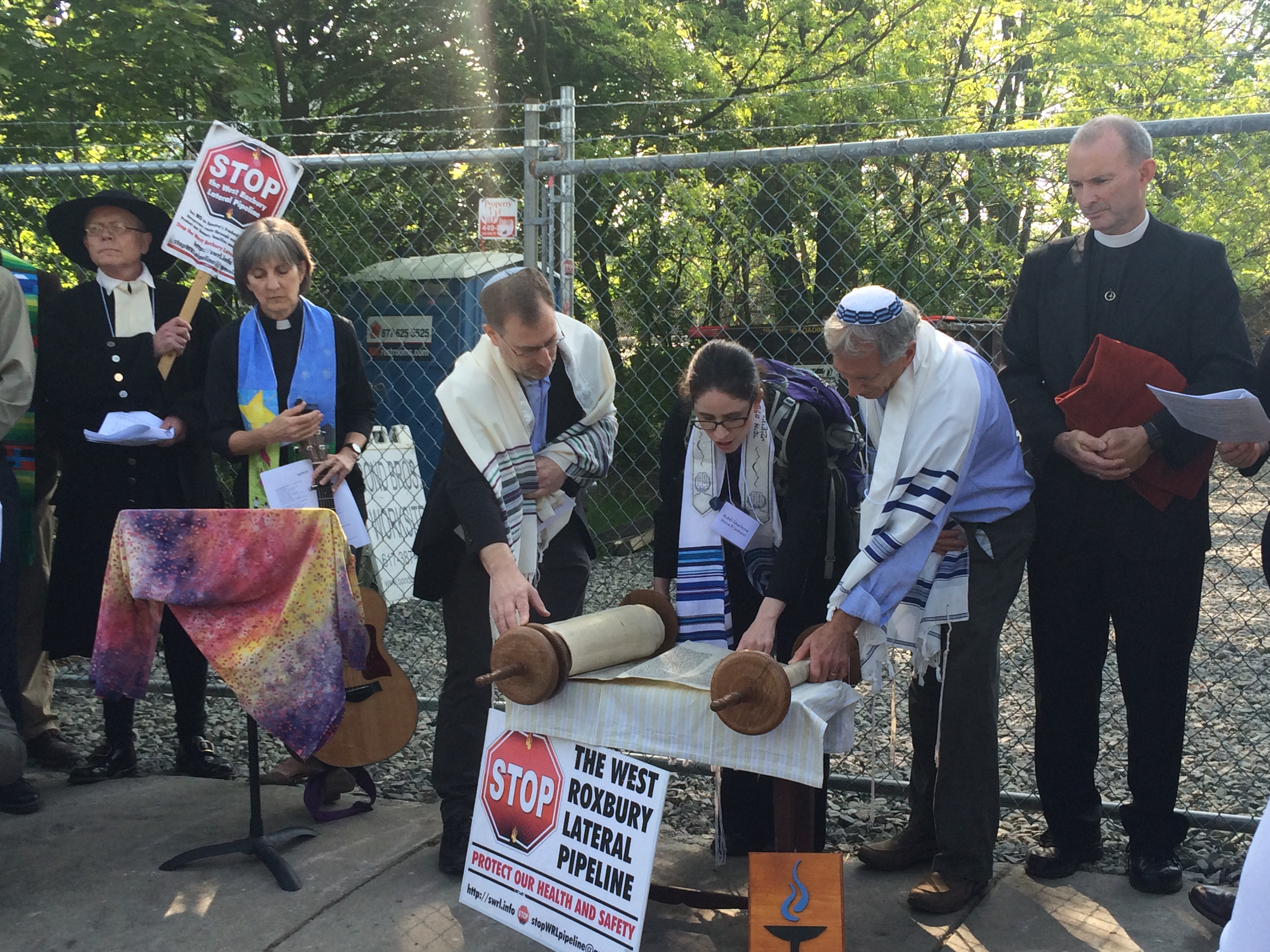
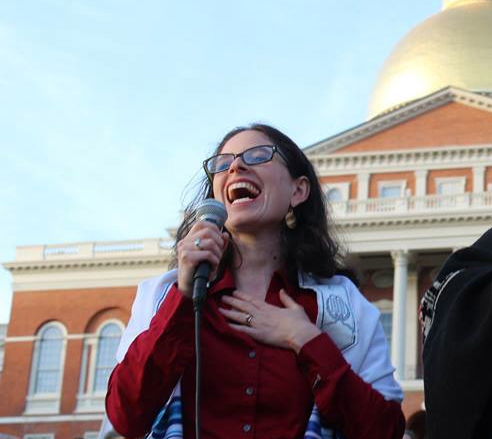 (Pictured: Rabbi Shoshana in front of the Massachusetts State House for a December climate action.)
(Pictured: Rabbi Shoshana in front of the Massachusetts State House for a December climate action.)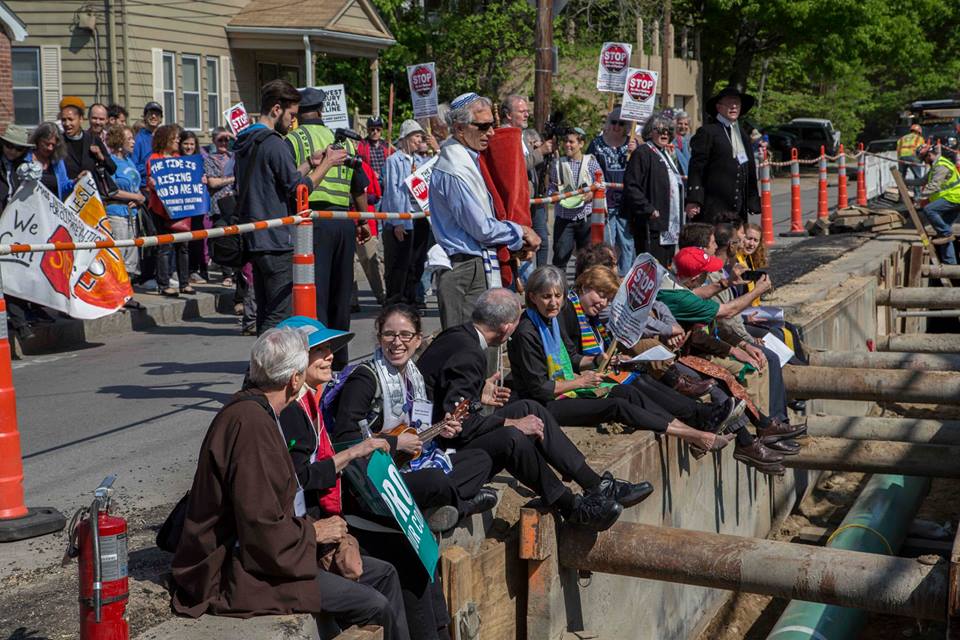
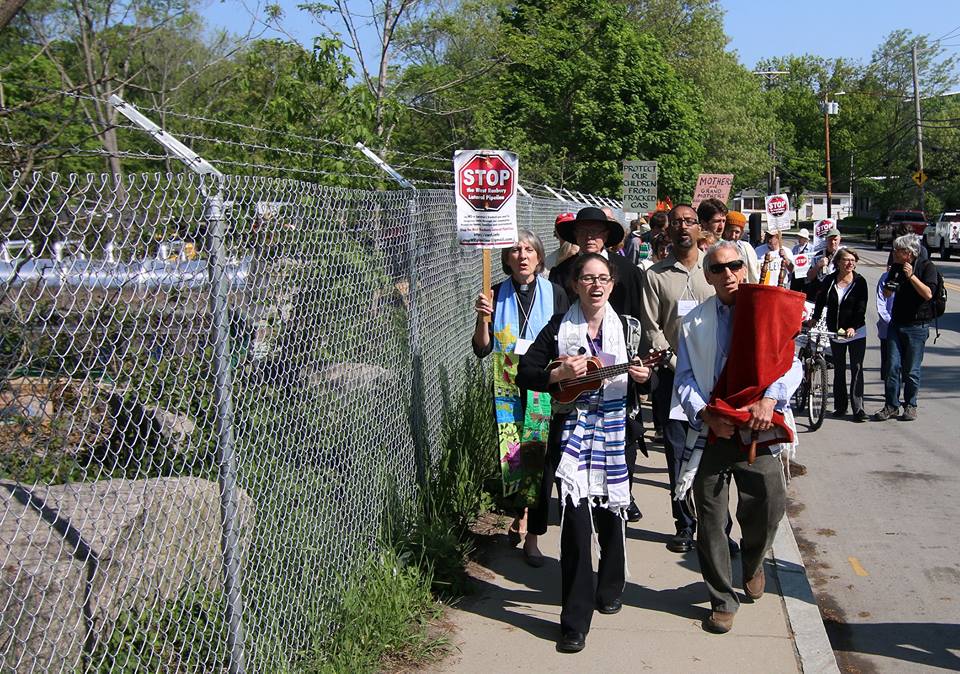
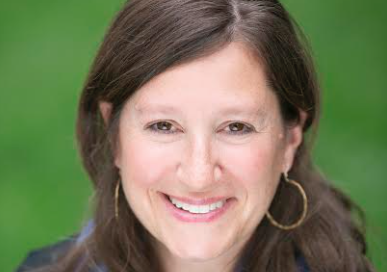
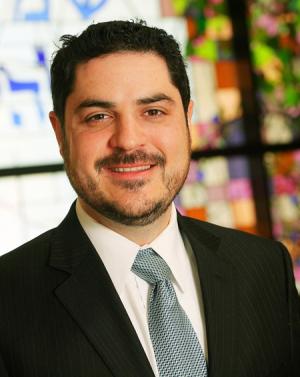
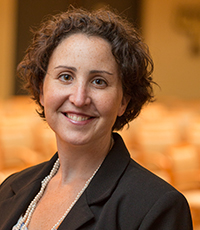
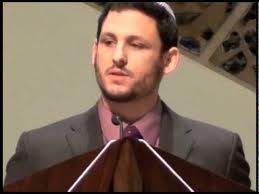
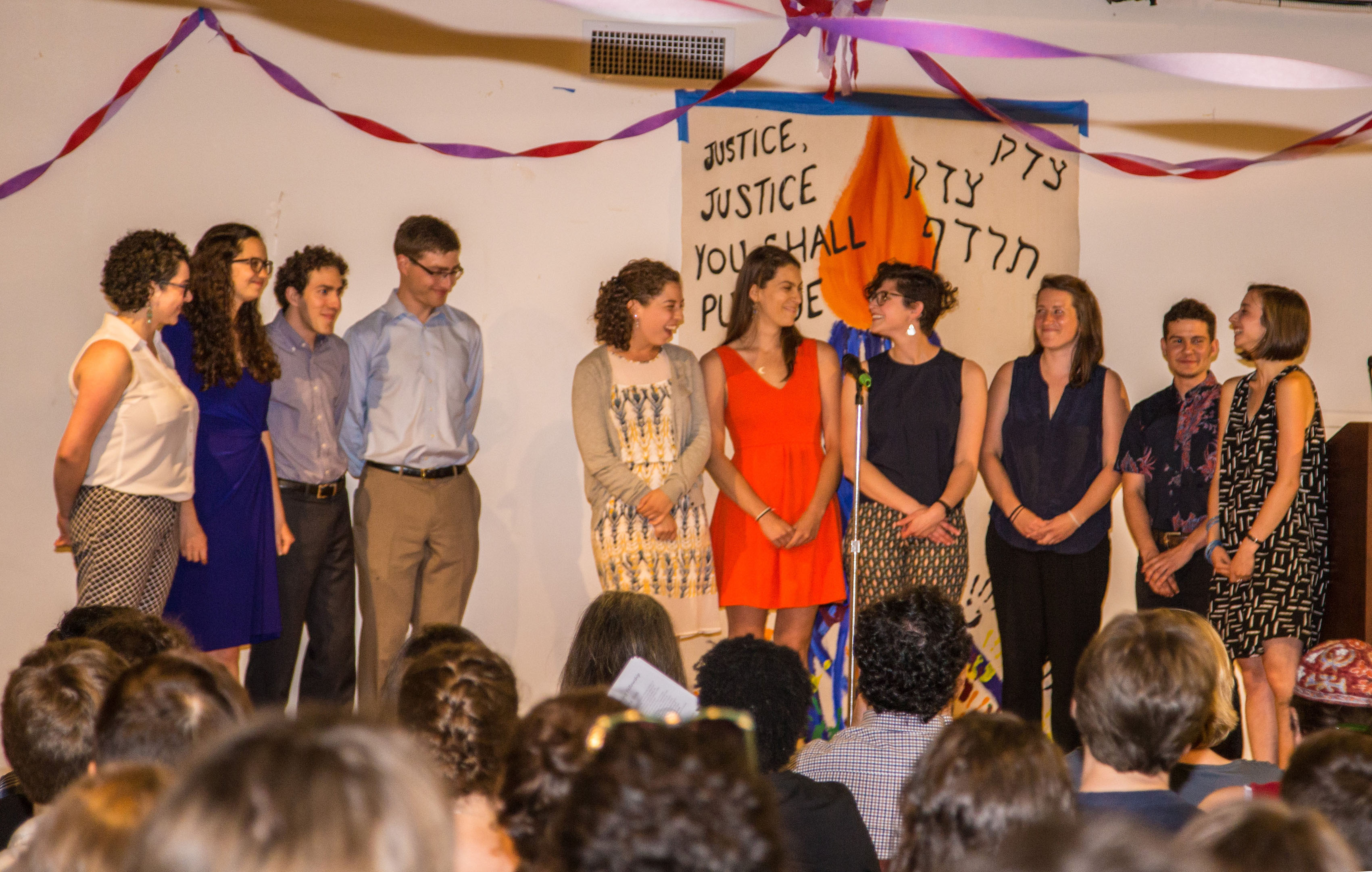 (Pictured above: the Jewish Organizing Fellows sing the song, “One Voice,” to open the evening.)
(Pictured above: the Jewish Organizing Fellows sing the song, “One Voice,” to open the evening.)


